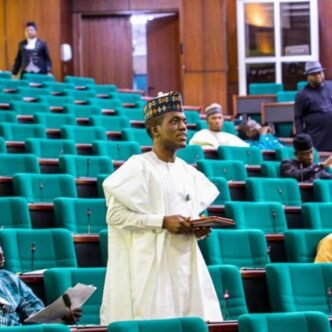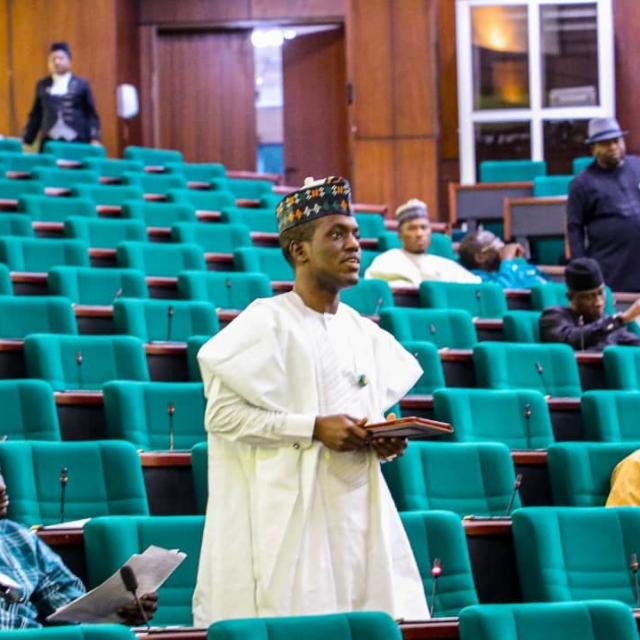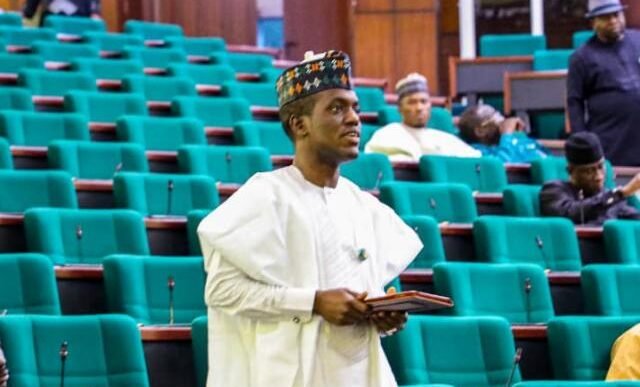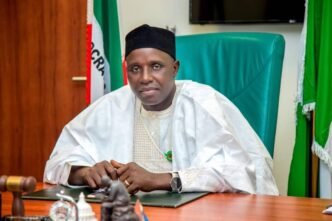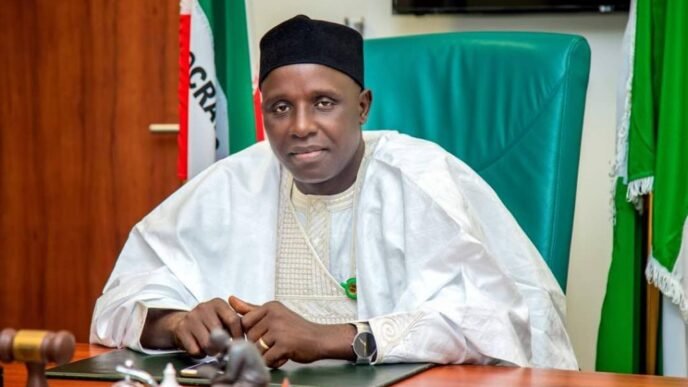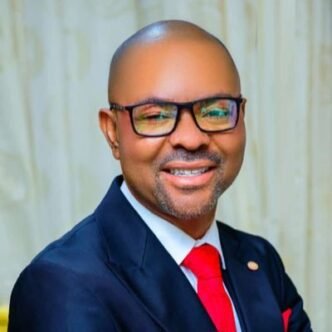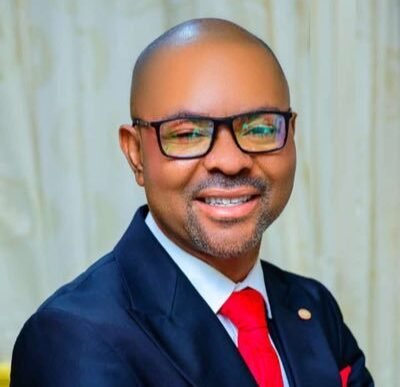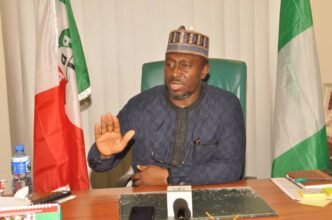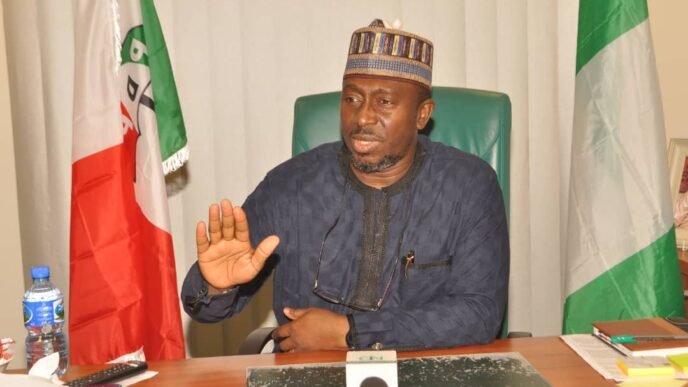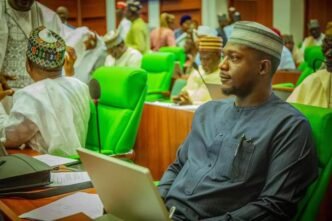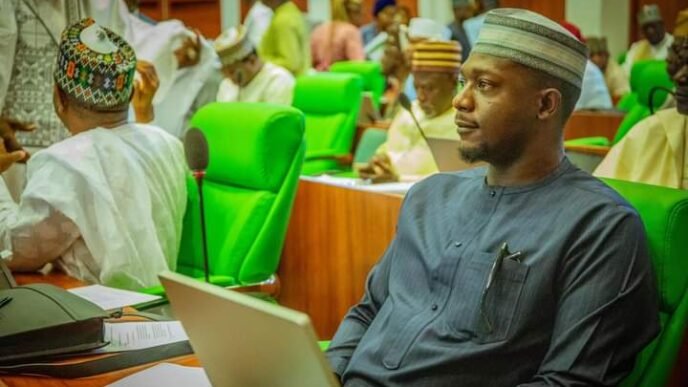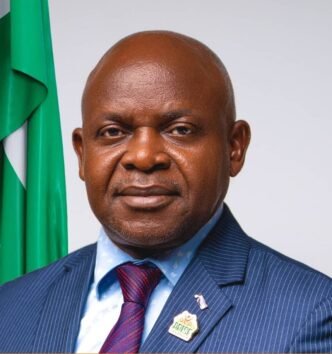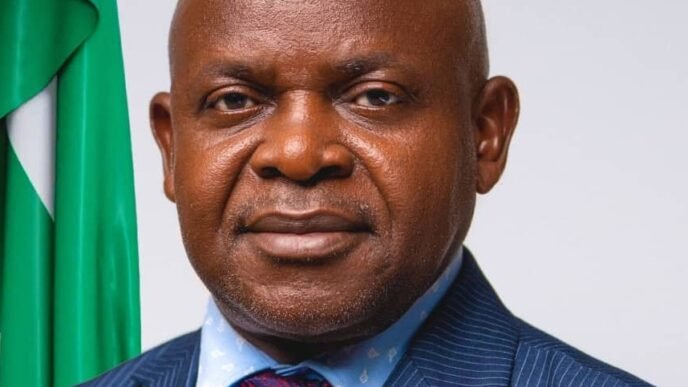HB 1154 – A BILL FOR AN ACT TO ALTER THE PROVISIONS OF THE CONSTITUTION OF THE FEDERAL REPUBLIC OF NIGERIA TO PROVIDE FOR THE DETERMINATION OF ALL APPEALS ARISING FROM ELECTION PETITION TRIBUNALS PRIOR TO SWEARING-IN OF PRESIDENT-ELECT, VICE PRESIDENT-ELECT, GOVERNOR ELECT, DEPUTY GOVERNOR-ELECT, MEMBERS-ELECT OF THE NATIONAL AND STATE ASSEMBLIES AND FOR RELATED MATTERS. sponsored by Hon. Mansur Manu Soro. Bill Progress: Committee stage
This Bill seeks to alter to ensure all election appeals are resolved before elected officials assume office. The goal is to enhance electoral transparency and legitimacy. By settling disputes pre-inauguration, the Bill aims to prevent governance disruptions and boost public trust. This measure ensures only candidates with undisputed mandates take office. Ultimately, it promotes a seamless power transition and strengthens our democracy.
A significant legislative proposal, HB 1154, is currently being deliberated in the Nigerian House of Representatives. Titled “A BILL FOR AN ACT TO ALTER THE PROVISIONS OF THE CONSTITUTION OF THE FEDERAL REPUBLIC OF NIGERIA TO PROVIDE FOR THE DETERMINATION OF ALL APPEALS ARISING FROM ELECTION PETITION TRIBUNALS PRIOR TO SWEARING-IN OF PRESIDENT-ELECT, VICE PRESIDENT-ELECT, GOVERNOR-ELECT, DEPUTY GOVERNOR-ELECT, MEMBERS-ELECT OF THE NATIONAL AND STATE ASSEMBLIES AND FOR RELATED MATTERS,” this bill aims to reform the electoral landscape in Nigeria.
HB 1154 seeks to amend the Nigerian Constitution to ensure that all legal disputes arising from election petition tribunals are resolved before the swearing-in of winners in key political positions. These positions include the President-Elect, Vice President-Elect, Governor-Elect, Deputy Governor-Elect, and various members-elect of both National and State Assemblies.
One of the critical objectives of HB 1154 is to address the recurring issue of elected officials assuming office while their election results are still embroiled in judicial challenges. This scenario often leads to public skepticism regarding the legitimacy of electoral outcomes and the integrity of those who take office. Such controversies can undermine public trust in the electoral system, distract elected officials from their governance responsibilities, and potentially put undue pressure on the judiciary to align decisions with the status quo.
Moreover, there are concerns over the misuse of public resources, as incumbents may divert state funds to finance their legal battles, an act perceived as an abuse of office. By mandating the resolution of all appeals prior to the inauguration of elected officials, HB 1154 aims to foster a more transparent electoral process.
The bill highlights several significant benefits:
- Enhancing Credibility and Transparency: Only candidates with undisputed mandates would take office, which could reinstate public confidence in the integrity of the electoral process.
- Promoting Fair Play: The proposed reforms would ensure a more equitable environment for all political parties involved in election disputes, thereby creating a more level playing field.
- Strengthening Democratic Principles: By reinforcing that political power stems from an unambiguous expression of the people’s will, the bill aims to elevate democratic ideals and processes in Nigeria.
Hon. Mansur Manu Soro, a representative for the Darazo/Ganjuwa federal constituency in Bauchi State, is the primary sponsor of HB 1154. He is backed by a coalition of five other lawmakers, reflecting a growing interest in electoral reform among Nigerian legislators.
Navigating the legislative process for this constitutional amendment will be challenging. Like many other significant bills, HB 1154 requires substantial political will and support to progress. It must pass with a two-thirds majority in both the House of Representatives and the Senate before being ratified by at least two-thirds of the State Houses of Assembly.
As discussions around HB 1154 unfold, its potential implications for Nigeria’s electoral integrity remain a focal point of interest for lawmakers and citizens alike. Should the bill succeed, it could mark a pivotal moment in the drive toward electoral reform and a stronger commitment to democratic principles in Nigeria.
